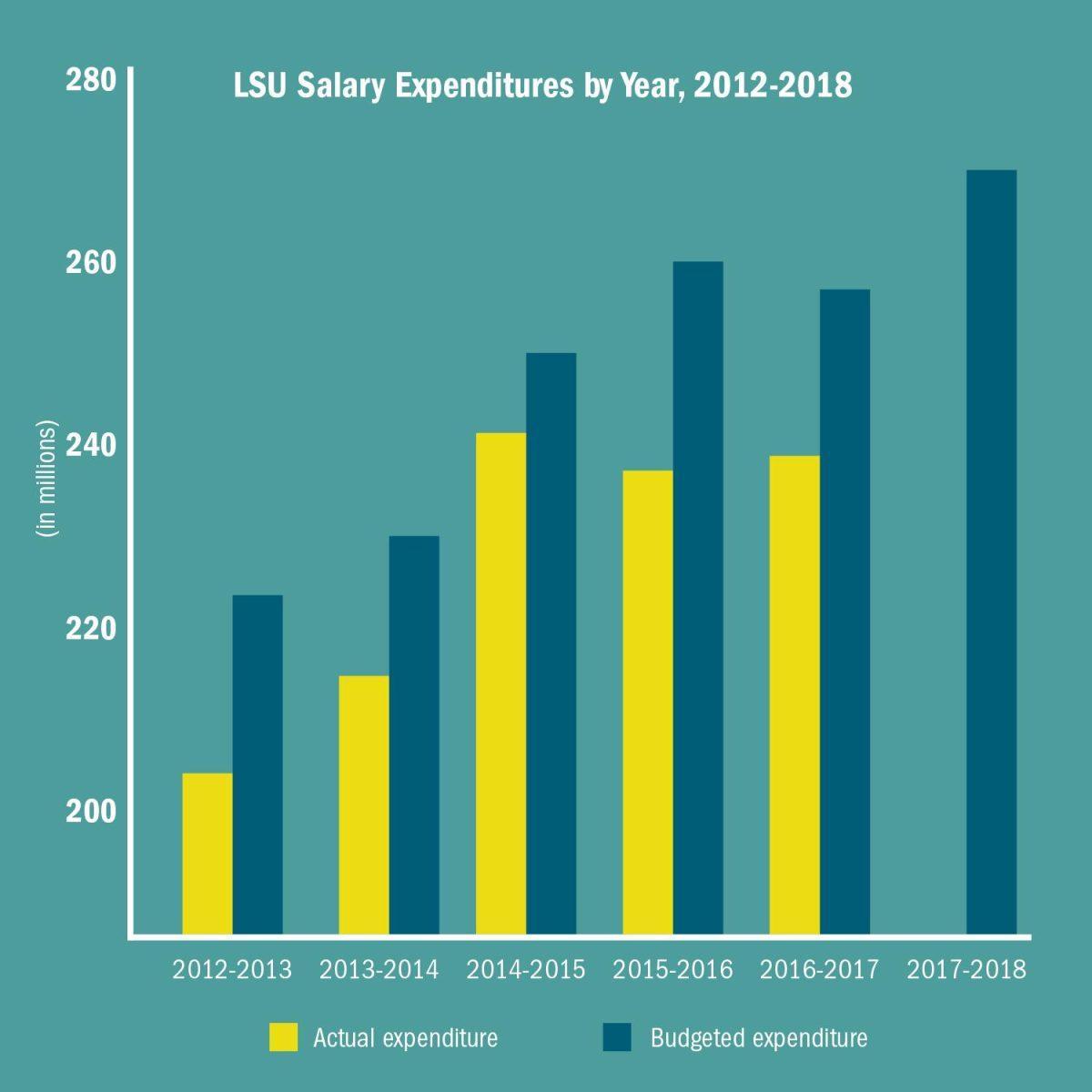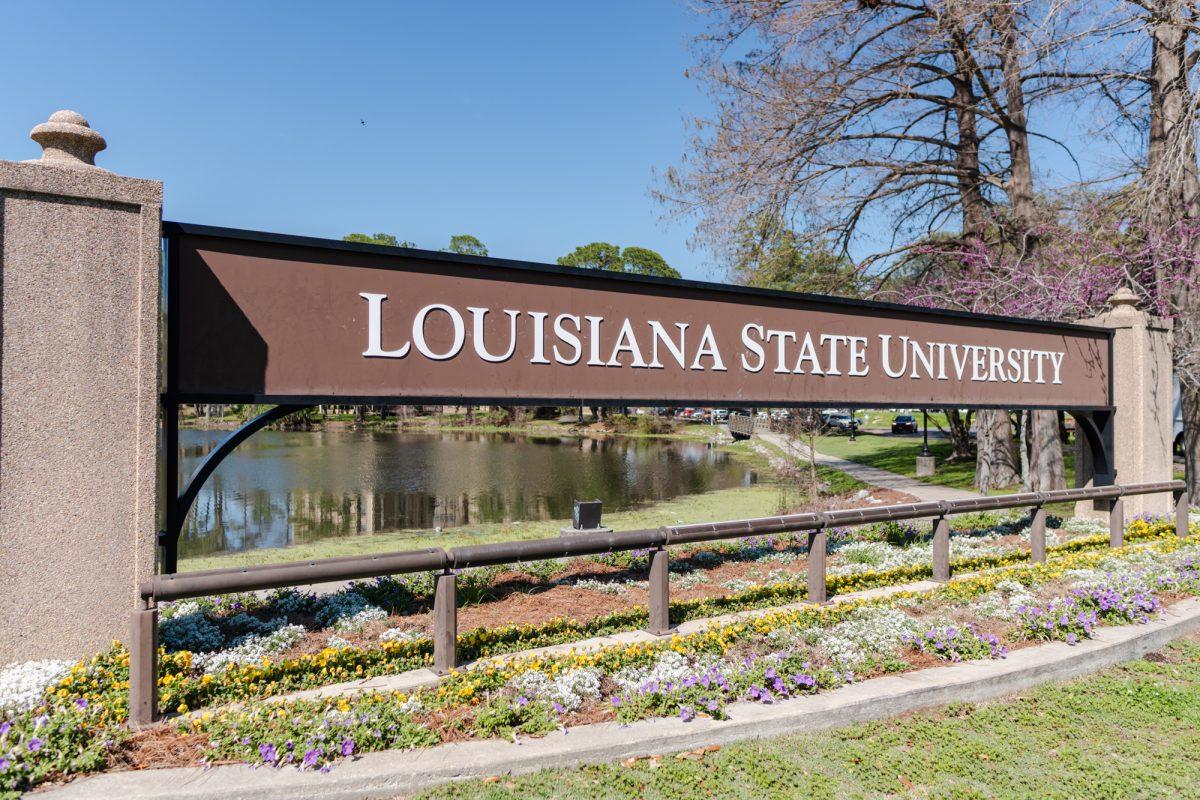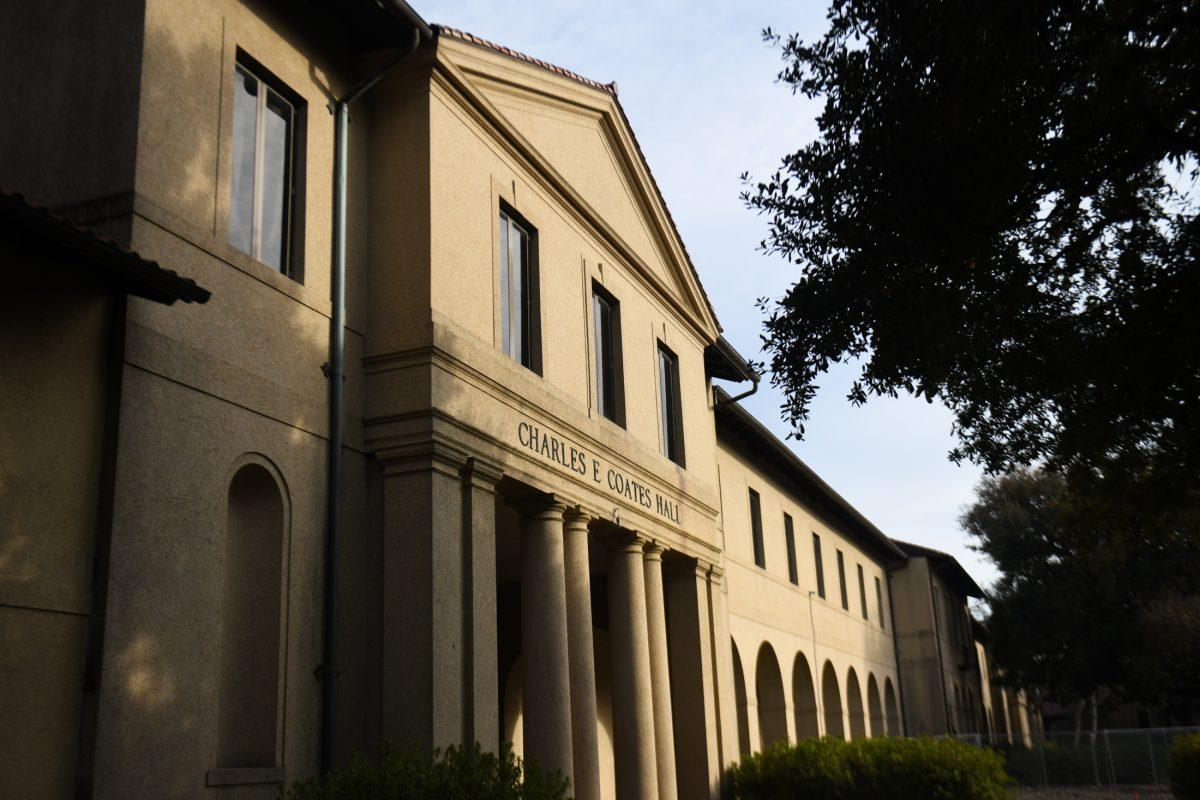LSU President F. King Alexander announced on Aug. 17 that the University will receive a 3 percent increase to the faculty raise pool for the second consecutive year.
The raise will be awarded as a result of a fully-funded Louisiana higher education budget, announced by the Louisiana Legislature in June after three special legislative sessions.
The raises go into effect on Sept. 1 for hourly employees and on Sept. 15 for employees paid on academic-year basis.
The increase is on average for University faculty and staff, with actual merit raise amounts varying above and below the 3 percent threshold. Staff and faculty previously received raise pool increases of 4 and 3 percent in 2013 and 2014, respectively. The merit-raise pool allocates money for each campus college. Deans and department heads within the colleges then decide merit-raise amounts for individual faculty members based on annual performance reviews and total career output.
“The political consideration is that the public does not like across-the-board raises,” said former Faculty Senate President Kevin Cope. “With the hostility we have seen toward public servants in recent years, there is a suspicion of simply giving a blanket increase to everyone. Administrations — not just at LSU, but at every university in the nation — tend to present raises as merit.”
Available funds for the raise pool are often a direct result of state appropriations or greater-than-expected tuition collection. The University budgeted $270.1 million in 2017-18 for staff salary expenditures, which is $12.9 million more than the 2016-17 academic year.
Timothy Chandler, the associate dean of the Rucks Department of Management, saw the raise pool increases as essential for the University to attract new talent.
“You want LSU to be considered a destination job for people,” Chandler said. “I think signaling that you reward people appropriately and routinely is an important part of that.”
Given the volatility of Louisiana’s higher education budget, University faculty do not see merit raises on a consistent basis, which itself compounds the issues of a merit-raise pool, according to Cope and Chandler.
“When merit-raise money comes along, it is useful for rewarding people who have been productive,” Chandler said. “It doesn’t address the bigger problem of the years when there were no raises. We end up with a salary structure that looks different in some respects than the competitive marketplace. Merit raises, though helpful, don’t always address that problem.”
Inflation and cost-of-living increases consume a significant portion of the merit raises. The U.S. inflation rate is 2.9 percent for 2018, while the cost of living continues to rise, according to the Bureau of Labor Statistics. And Cope sees the merit raises as a cost-of-living adjustment.
“Even though it’s called a merit increase, it is de facto a cost-of-living increase,” Cope said. “If we had a merit pool that’s very large, say 15 percent, then you would see some distinction between merit and a cost-of-living adjustment.”
But even with increases in the merit-raise pool, the University still falls below regional and national benchmarks for average-salaries of full-time instructors at public universities. Louisiana’s full-time instructors earned an average of $85,021, which is well below the national average of $95,521, according to the Southern Regional Education Board’s 2016 study.
“It’s definitely necessary to retain talent,” said College of Agriculture Communications Coordinator Tobie Blanchard. “We have lost some talented faculty in the last few years. I think keeping up with what other universities are paying and their rates is very important for LSU.”
LSU to increase faculty raise pool three percent
By Caleb Greene
August 28, 2018
raise poo
More to Discover








